POETRY CRAFT ESSAYS
ROOTED IN THE PLACE YOU KNOW, a Craft Essay by Bradley Sides
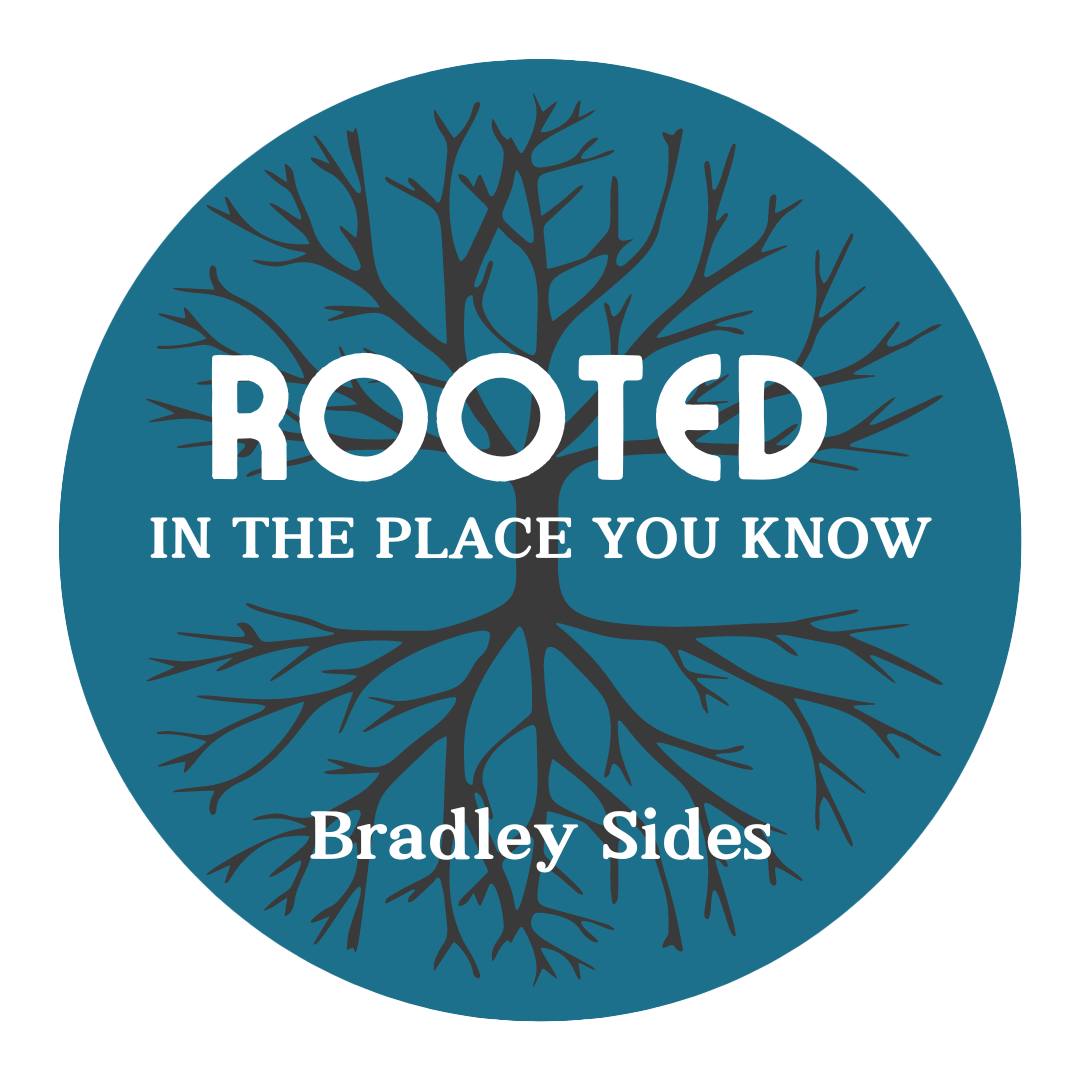
Bradley Sides ROOTED IN THE PLACE YOU KNOW You live in a place that doesn’t have a bookstore. You live in a place that doesn’t even have a chain dollar store. The latter is still ten, fifteen years away. The former will likely never be. In your world, there are trees, cows, and boundless supplies of blue sky. But you have a dream—and you are determined to live it. You drive to the country store ...
THE USES OF ANAPHORA in Jason Schneiderman’s Poems “Anger” and “Star Dust” by Adrie Rose

Adrie Rose THE USES OF ANAPHORA in Jason Schneiderman’s Poems “Anger” and “Star Dust” When I first heard Jason Schneiderman read his poems “Anger," and “Star Dust” in a 2021 episode of Rachel Zucker’s Commonplace podcast, I realized both make make extensive use of anaphora, the repetition of words or phrases. Hearing (and then reading) these poems coincided with my rising interest in long poems—what they can do that a short poem can’t, how they ...
MYSTERY, MISCARRIAGE and MENDING, a Craft Essay by Kelly DuMar
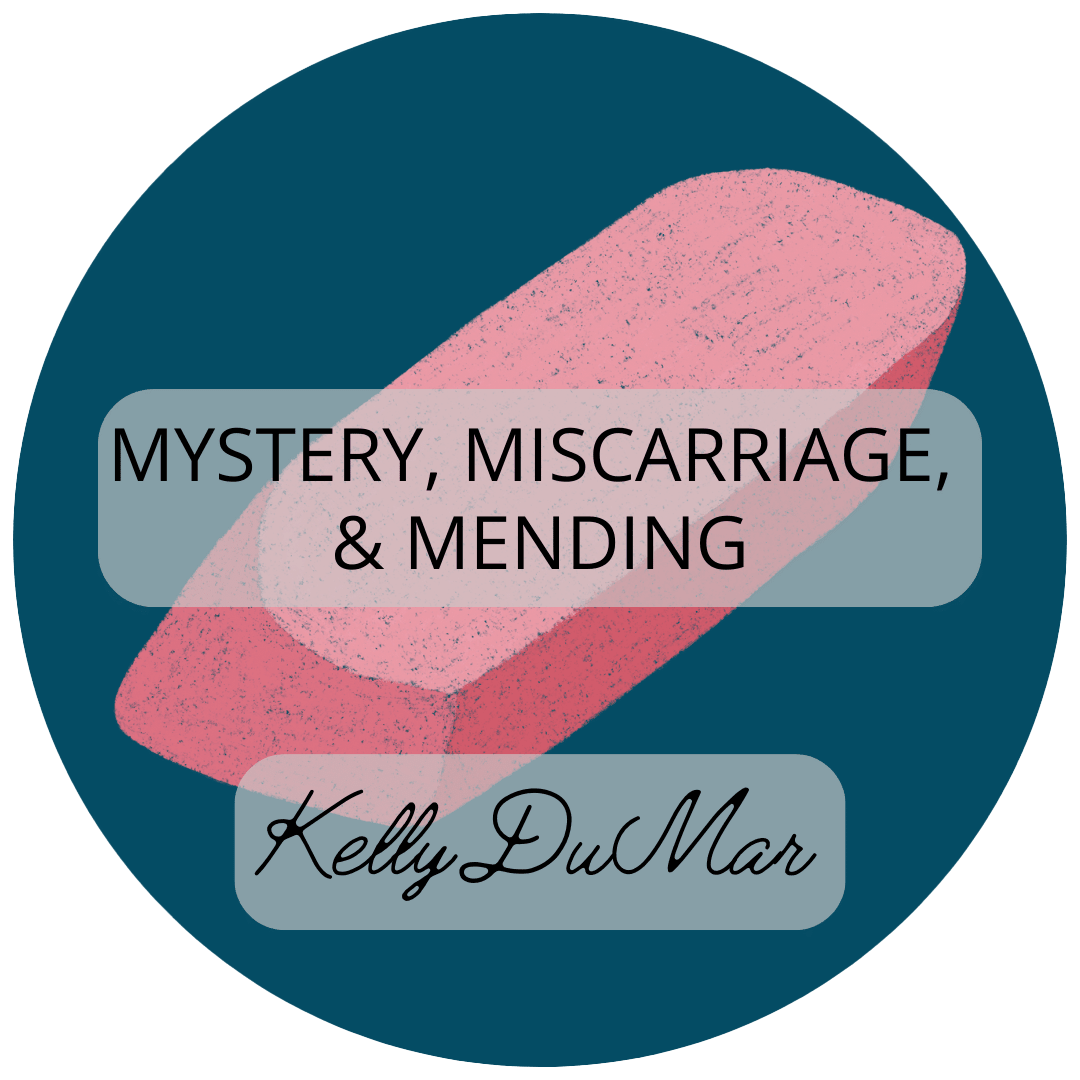
Kelly DuMar
MYSTERY, MISCARRIAGE & MENDING: How Epistolary Erasure Poetry Threads Old Letters with New Narratives We crave it, but we never get the whole story about our family of origin. How our parents came to create us––so much remains a mystery. Impossible for us to have been there at the beginning. Were we wanted? Were we planned? Did we come by accident or prayer, by passion, or by mistake? Always, there are secrets. We are ...
MYSTERY, MISCARRIAGE & MENDING: How Epistolary Erasure Poetry Threads Old Letters with New Narratives We crave it, but we never get the whole story about our family of origin. How our parents came to create us––so much remains a mystery. Impossible for us to have been there at the beginning. Were we wanted? Were we planned? Did we come by accident or prayer, by passion, or by mistake? Always, there are secrets. We are ...
THIRTEEN POTSHOTS AT THE PROSE POEM, a Craft Essay by Mike James
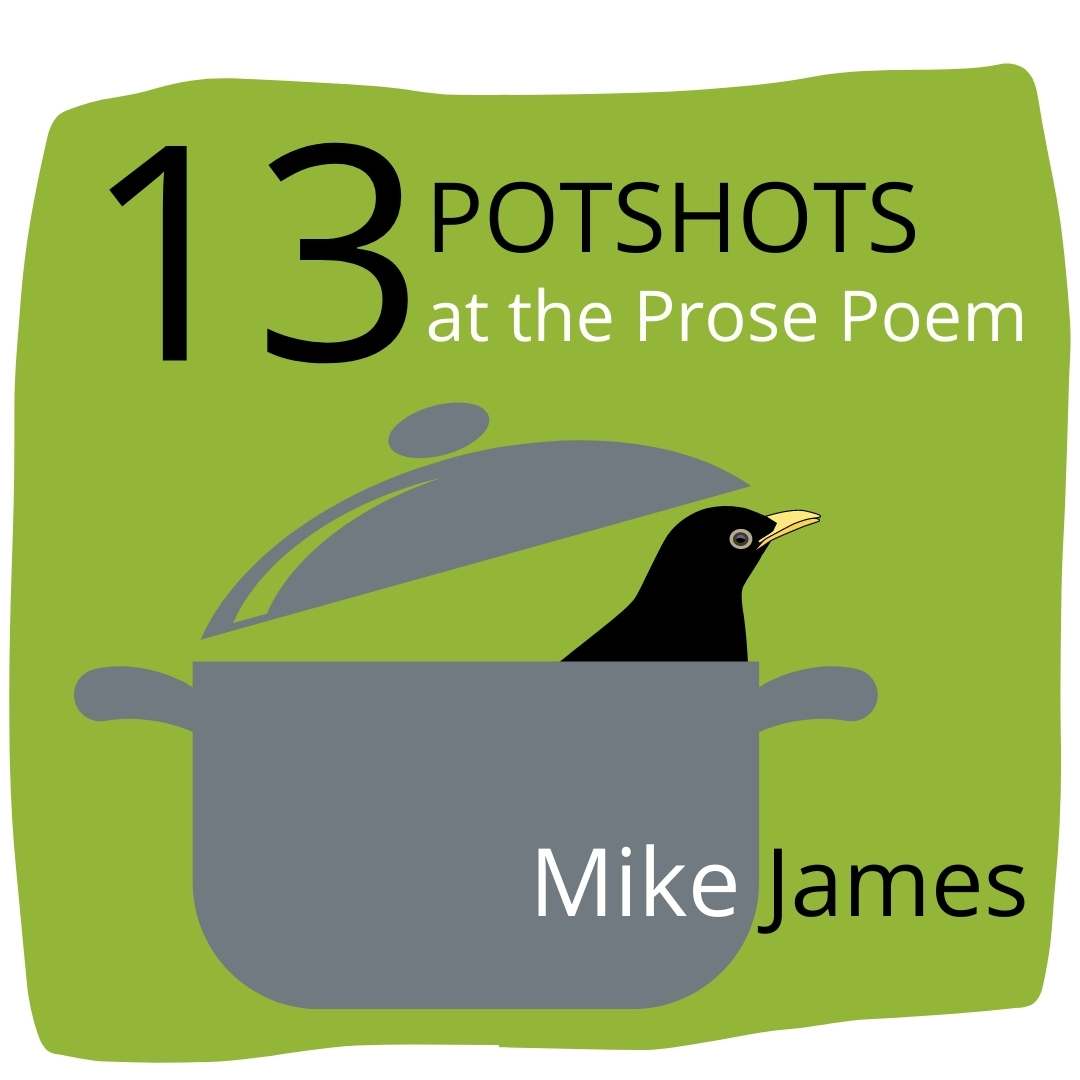
THIRTEEN POTSHOTS AT THE PROSE POEM a Craft Essay by Mike James An alien lands at a city basketball court at night. He either lands inside a science fiction story or he lands inside a prose poem. ◊ Prose poems are the pulp fiction of poetry. They exist to be read with flashlights beneath wool blankets at night. ◊ Prose poems are kept in basements and attics. They are seldom invited to dinner parties and ...
GROWING SEASONS: On Plants and Poetry, a craft essay by Luiza Flynn-Goodlett
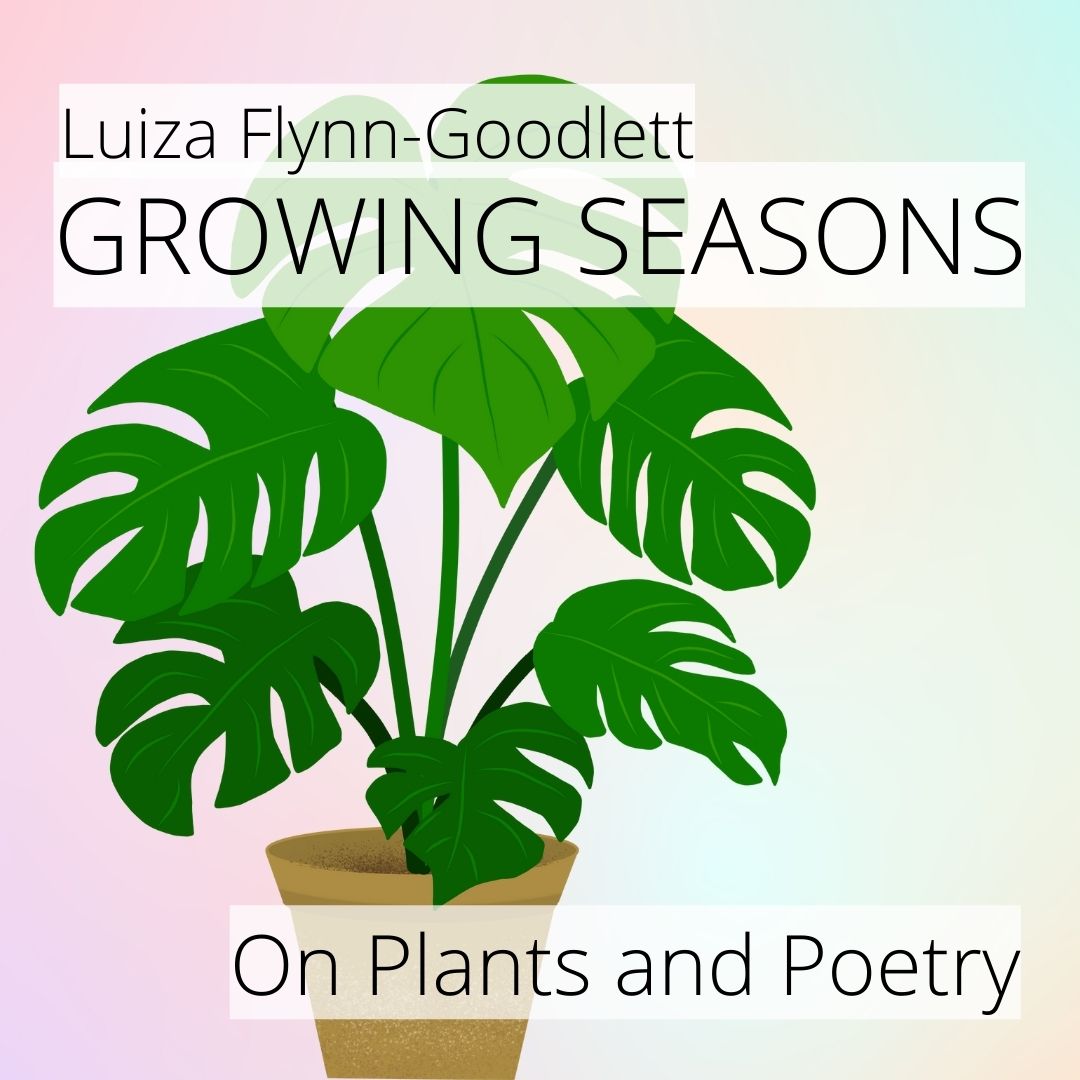
GROWING SEASONS: On Plants and Poetry A Craft Essay by Luiza Flynn-Goodlett Like most things, it began with beauty: My first apartment after college overlooked the backyard of several Crown Heights buildings, which had become an unofficial dump with stained mattresses, twisted remnants of recliners, and an impressive pack of raccoons. I'd just escaped an abusive relationship with a woman who'd unraveled my self-esteem and told me I'd never be a writer, and was working ...
HARNESSING WILDNESS: THE PRACTICE OF POETIC LEAPS , a Craft Essay by Kari Ann Ebert
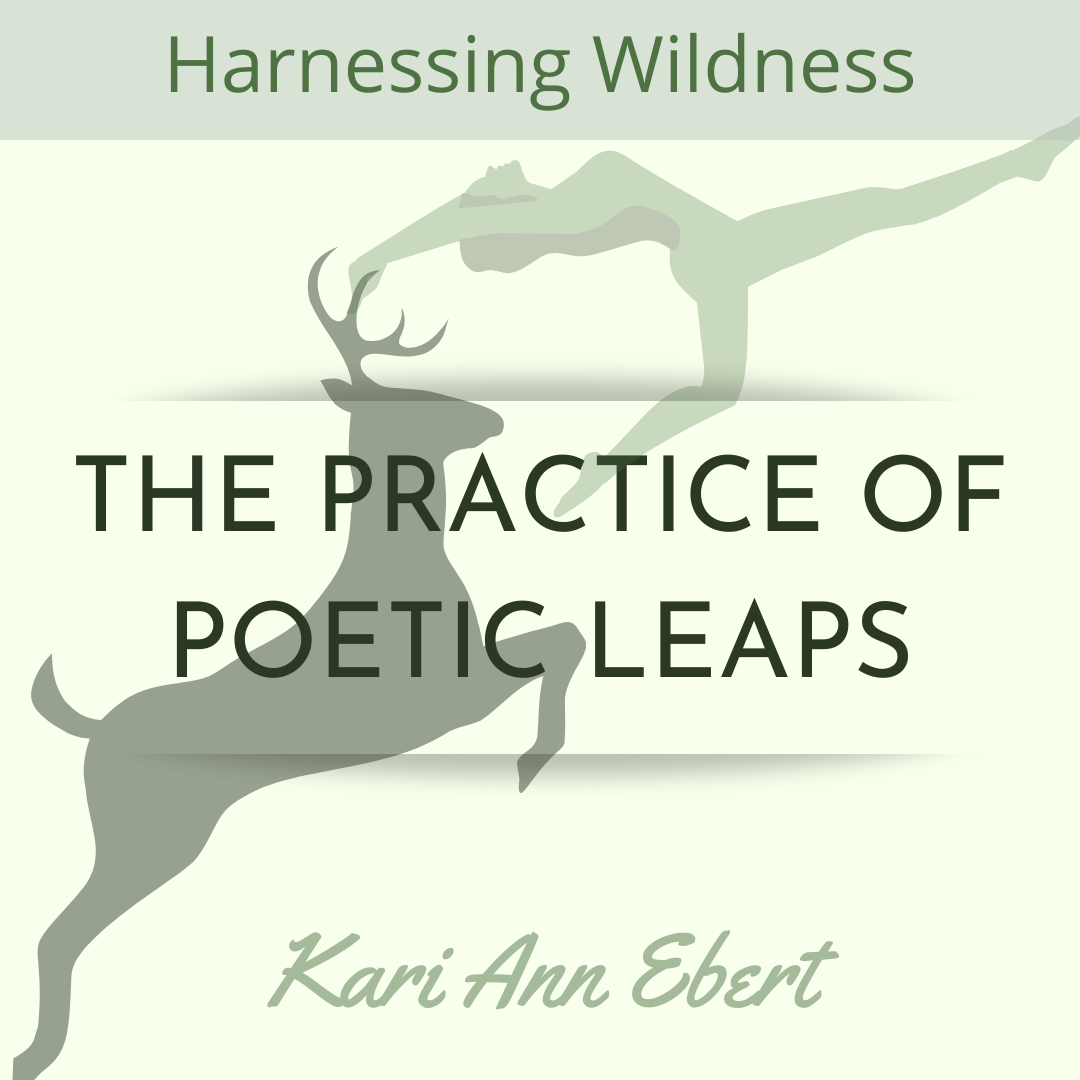
HARNESSING WILDNESS: THE PRACTICE OF POETIC LEAPS A Craft Essay by Kari Ann Ebert To avoid stagnation and cliché, one of the tools in a poet’s arsenal is to conjure associations that bring energy to the poem and add complex layers. These associations can show themselves as metaphors, changes of perspective, or wild unfettered leaps. Carl Phillips identifies associative poetry as, “poetry that works almost entirely by means of association— no connecting narrative pieces, often ...
BUILDING BOATS, WRITING POEMS A Craft Essay by James Diaz
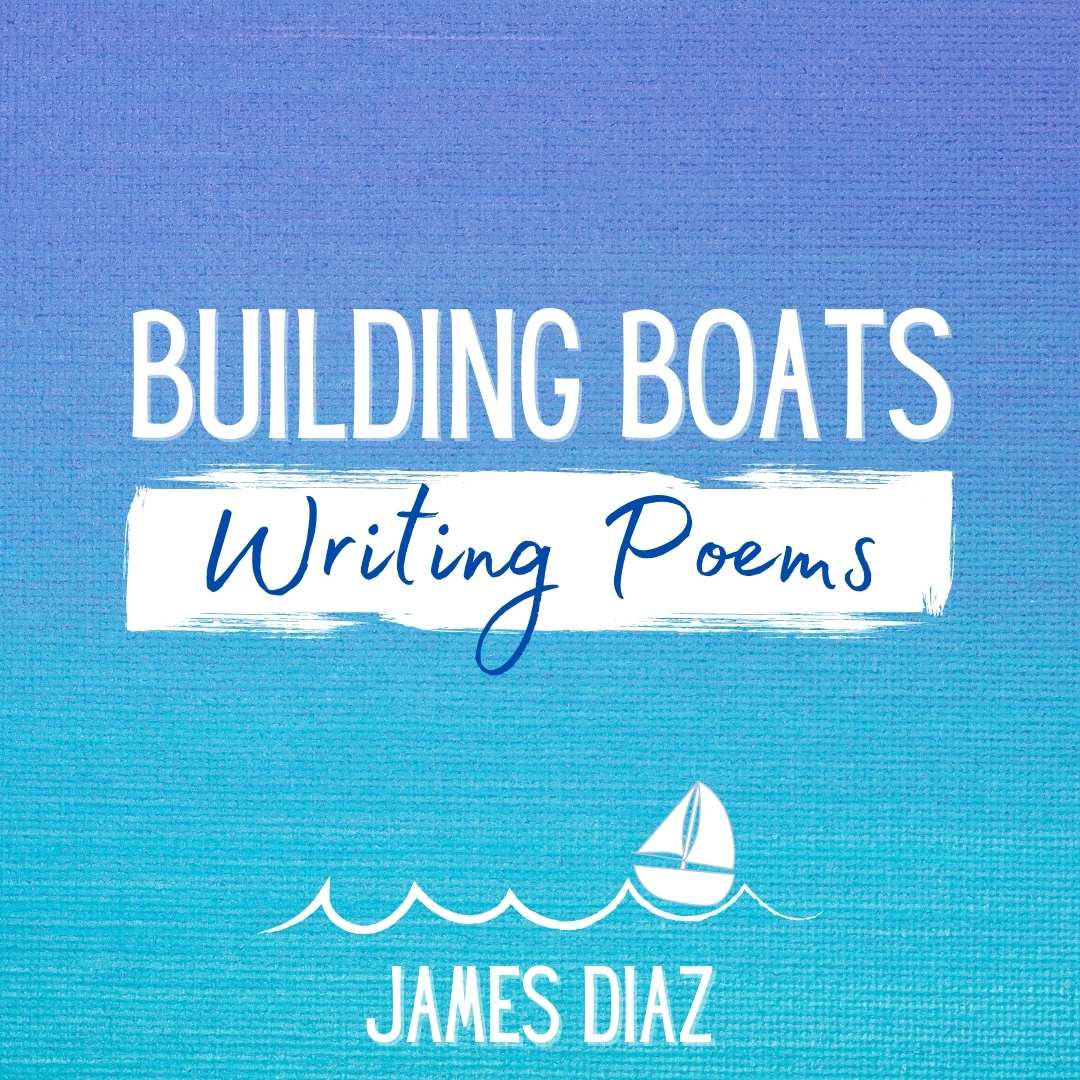
BUILDING BOATS, WRITING POEMS A Craft Essay by James Diaz When building boats, we try to craft something that will hold us aloft, a durable vessel that can bear and balance the weight, and hold out against the waves. Some boats are perhaps more beautiful than others. Some just do the job. When you’re in a jam and need to cross whatever inner seas need crossing, you work with whatever you have to work with ...
THE ELEPHANT OF SILENCE, a poetry craft essay by John Wall Barger
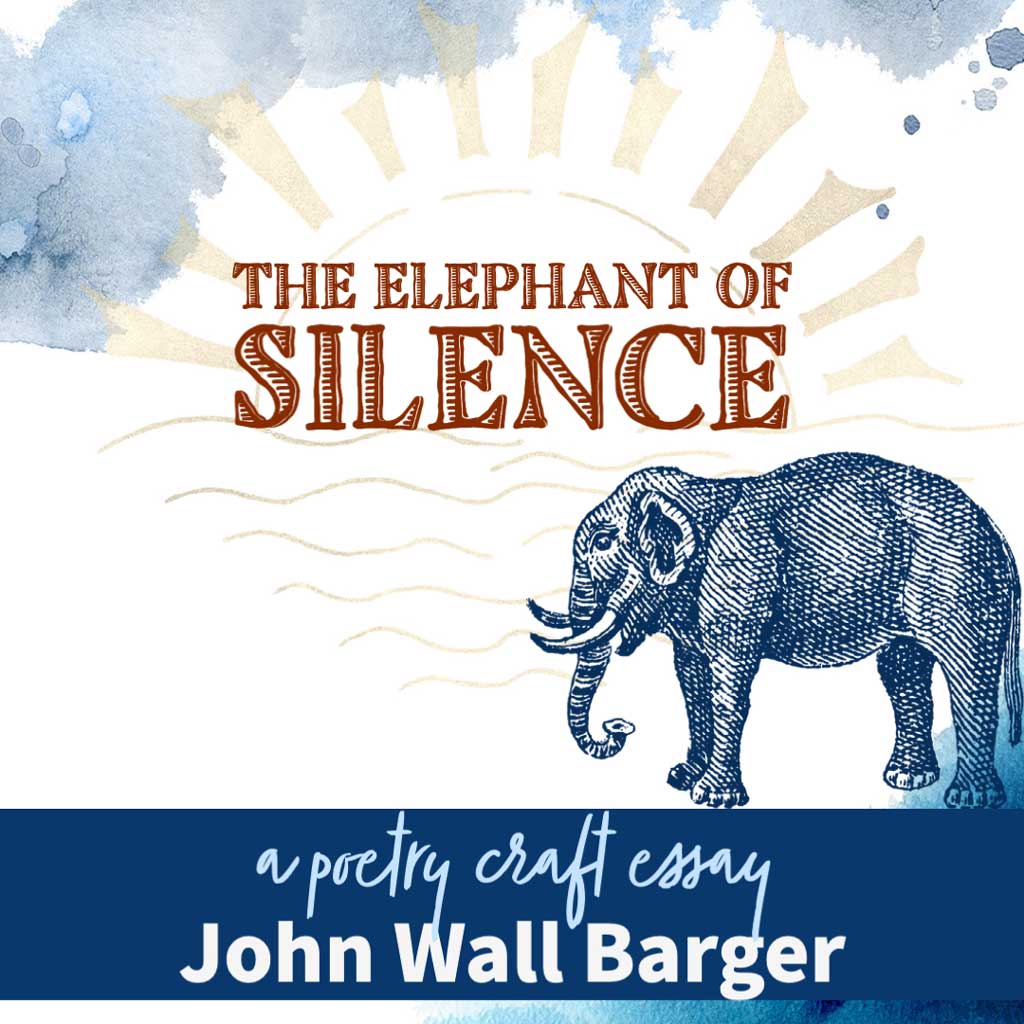
THE ELEPHANT OF SILENCE by John Wall Barger Je suis maitre du silence —Rimbaud, “Enfance” I. At fifty, in the middle of the COVID pandemic, I drove my 1989 BMW motorcycle from Philadelphia to The Hambidge Center in the mountains of northeast Georgia for a three-week writing residency. They provided me with a cottage in the forest, with floor-to-ceiling windows and enough space for a person to spread out their work. My first feelings, when ...
YOU ARE A POET (Even When You Aren’t Writing) A Craft Essay by Mark Danowsky
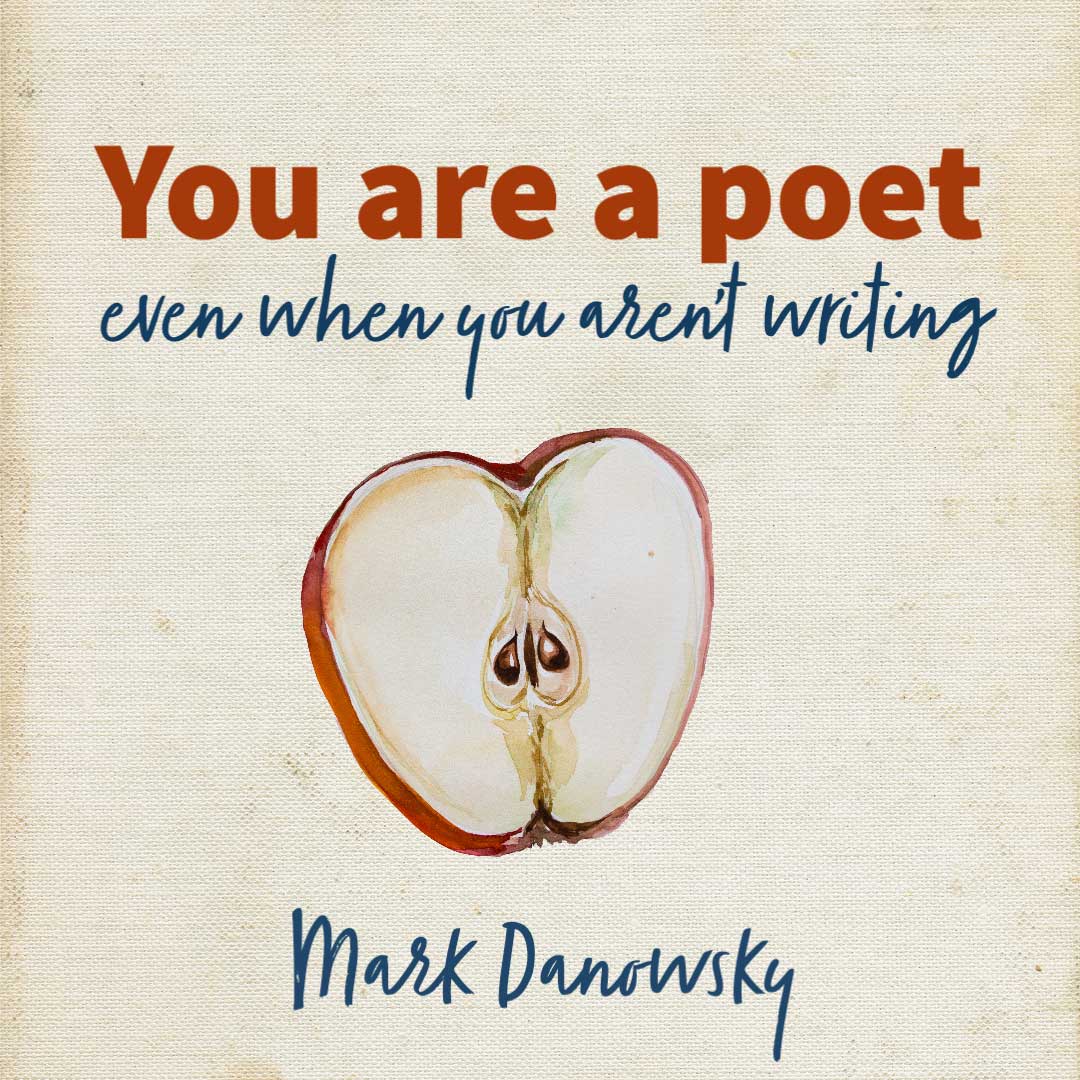
YOU ARE A POET (Even When You Aren’t Writing) A Craft Essay by Mark Danowsky In Poetics, Aristotle essentially defines a poet as someone who has “an eye for resemblances.” This is a nice reminder to look up, both literally and metaphorically, look around, look within, simply look. We are all trapped in our physical bodies while also inhabiting external spaces. What are your spaces? What is in these spaces? People say, “Life happens while ...
SHOWING AND TELLING: Seven Ways to Help Your Writing Breathe, A Craft Essay by Billy Dean

“Show-don't-tell” is fine advice—unless you apply it absolutely, as if you should always show and never tell. Here are seven ways your prose and poetry can breathe with both showing and telling ...
WORKING FOR SURPRISE: On Running, Prescriptive Teaching, and the Language of First Drafts A Poetry Craft Essay by Devin Kelly

There are two things I do nearly every day without fail: write and run. I like to talk and think about them together because, to me, they are twin feats of both discipline and imagination. Growing up a competitive runner, never very good compared to the other people I competed against, I learned to value the sport as a way to keep me both grounded and honest. Your body has a way of letting you ...
POETRY AS PRACTICE How Paying Attention Helps Us Improve Our Writing in the Age of Distraction A Craft Essay by Scott Edward Anderson

POETRY AS PRACTICE How Paying Attention Helps Us Improve Our Writing in the Age of Distraction A Craft Essay by Scott Edward Anderson In this lyrical essay on the writing life, Scott Edward Anderson shows how poetry can be more than a formal approach to writing, more than an activity of technique, but a way to approach the world, which is good for both the poet and the poem.—Grant Clauser, Editor Walking in Wissahickon Park ...
WRITING THE SUPERHERO POEM, a craft essay by Lynn Levin

The superhero is a staple of pop culture, but poets can use elements of superhero identity to craft poems and explore their own mythology. Lynn Levin offers a writing prompt designed to allow poets to reach beyond the real in search of other truths ...
DON’T BE A DRONE: Manipulating the Reader Through Pitch and Pace, A Poetry Craft Essay by Grant Clauser

Pacing in poetry can be used as a focusing technique. Both fast and slow pace equally have the ability to draw in a reader’s focus in slightly different, but complementary, ways. A sudden shift into high gear can raise our excitement or anxiety, while hitting the slow motion button compels us to look with greater scrutiny and concentration. Either way, pace is a kind of volume adjustment–by turning the volume of the poem up or ...
ACROSS THE DIVIDE AND BACK: How Writing Poetry Is Changing My Nonfiction, a craft essay by Vivian Wagner
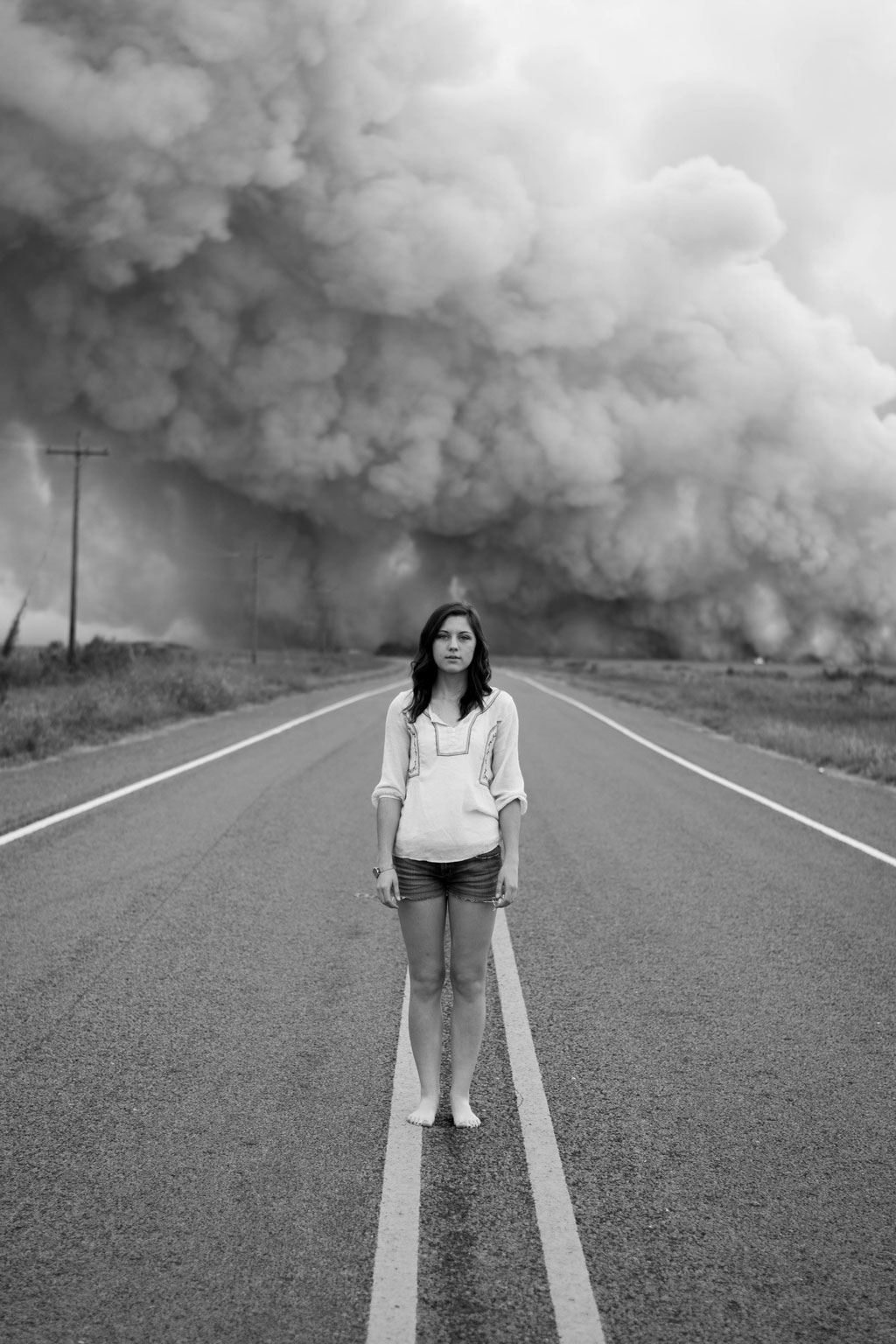
Writing poetry has also reminded me once again to pay attention to the rhythm of language. Rhythm is central in poetry, but I often overlook it when writing nonfiction. When we read anything, there’s a hidden music to it. We hear the words, as well as the relationship between the words, the stressed and unstressed syllables, the complex intertwining of word and phrase and sentence. Listening to rhythm is understood and expected in poetry, but ...
SOMEONE IS WRITING THE REAL WEST VIRGINIA, a craft essay by Mary Ann Bragg

I live in Provincetown but I’m from West Virginia. I’ve been thinking of the simultaneous provocation and balm that literature, like art, can have on moments of social and economic crisis. In Provincetown, year-round residents are disappearing as more and more houses are bought as second homes, thoroughly and exquisitely renovated, and then occupied in the summer only. In my hometown, Madison, West Virginia, streets have emptied out as an economy built on coal mining ...
THE EMPATHY MACHINE, Part Two by Kelly McQuain text version

THE EMPATHY MACHINE, Part Two Text Version by Kelly McQuain 1. Tweet No Evil In an effort to get my head around what I consider the purpose of art-making, I attended three writing conferences during summer 2015. The first was at U.C. Berkeley and was supposed to commemorate the influential 1965 Berkeley Poetry Conference fifty years prior, inspired by a student Free Speech Movement earlier that year. But poet Vanessa Place’s inclusion on the bill ...
THE MAN ON THE COUCH AND THE MAN WHO SPEAKS POEMS by J.G. McClure

THE MAN ON THE COUCH AND THE MAN WHO SPEAKS POEMS by J.G. McClure I pay a therapist an hourly rate to listen to my feelings. I pay literary journals reading fees to read about my feelings. My therapist says she’s struck by two parallel versions of me: the Man on the Couch who seems pathologically unable to feel, and the Man Who Speaks the Poems who feels all too deeply. She wonders which ...
WHY I WRITE Or, It’s The End of the World as We Know It and I Feel (Sorta) Fine by J.G. McClure

WHY I WRITE Or, It’s The End of the World as We Know It and I Feel (Sorta) Fine by J.G. McClure I remember as a kid going to a science museum somewhere in Missouri. They had an exhibit—basically a rickety computer with MS Paint hooked up to a radio transmitter. The idea was this: you’d draw a picture, the transmitter would transmit it upward, and voila, your masterpiece would travel out among the stars, ...
IN PRAISE OF MISTRANSLATIONS by J.G. McClure

IN PRAISE OF MISTRANSLATIONS On Conversational Translation by J.G. McClure We all know Freud talked about the ego and the id. Except he didn’t. What he actually talked about was Das Ich und Das Er, which is to say, “The I and the It.” The words “mean” the same thing, except they don’t. When we translate Freud, we use the Latin pronouns for “I” and “It,” whereas Freud used the regular, everyday pronouns of his ...
LEAVING APPALACHIA: Overlap in Poetic Landscapes by Julia Paganelli

LEAVING APPALACHIA: Overlap in Poetic Landscapes by Julia Paganelli In August, I stuffed my summer dresses and cooking implements into a Toyota and trekked eighteen hours from Appalachia to the Ozarks. I’ve been tallying the difference between the mountain ranges. Appalachia is older than the Ozarks—cliffs softer. More oil painting than chiseled sculpture. I’ve been reading up on architecture. In the book Why We Build: Power and Desire in Architecture, Rowan Moore writes, “Where things ...
THE POET’S “I”: DISTANCE THROUGH FIRST-PERSON by Katie Rensch

THE POET’S “I”: DISTANCE THROUGH FIRST-PERSON by Katie Rensch In a recent conversation with a group of mixed-genre writers, it came to my attention that we were all writing in the first-person, well, more or less. In fiction, we call the first-person the “main character”, in poetry we say the “speaker” of the poem, and in nonfiction it’s the writer’s name because the “I” must, by definition, be the person writing. We might just call ...
APPROACHING BORDERS by Nathaniel Popkin
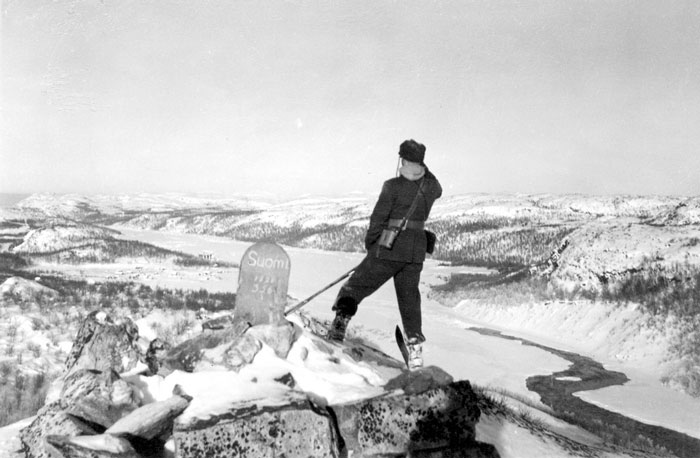
APPROACHING BORDERS by Nathaniel Popkin Two men, one aged 61, the other 65, each born in late January, each a father in grief. The first is the Israeli writer David Grossman, whose son Uri was killed in the brief 2006 Israeli war in Lebanon. The other is the American poet Edward Hirsch, whose son Gabriel died of a drug overdose in 2011. On a bookshelf these men and their books may stand together, G then ...
CROSSING THE EMOTIONAL LANDSCAPE: ARCHER, BOB’S BURGERS, AND CONTEMPORARY POETRY by J.G. McClure
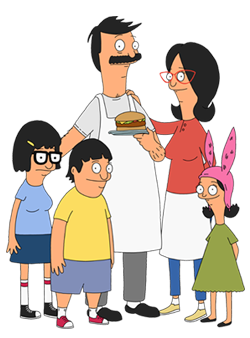
CROSSING THE EMOTIONAL LANDSCAPE: ARCHER, BOB’S BURGERS, AND CONTEMPORARY POETRY by J.G. McClure 1. The emotional landscape of the reader determines the work that can reach her. Imagine the interior world as a sea: the boat-poem can move ahead, but the truck-poem can’t. Conversely, if the interior world is a field… 2. Over the holidays, I’ve been binge-watching Netflix, especially two animated comedies starring H. Jon Benjamin, Archer and Bob’s Burgers. The same deadpan voice ...
RETHINKING THE SHITTY FIRST DRAFT by George Dila
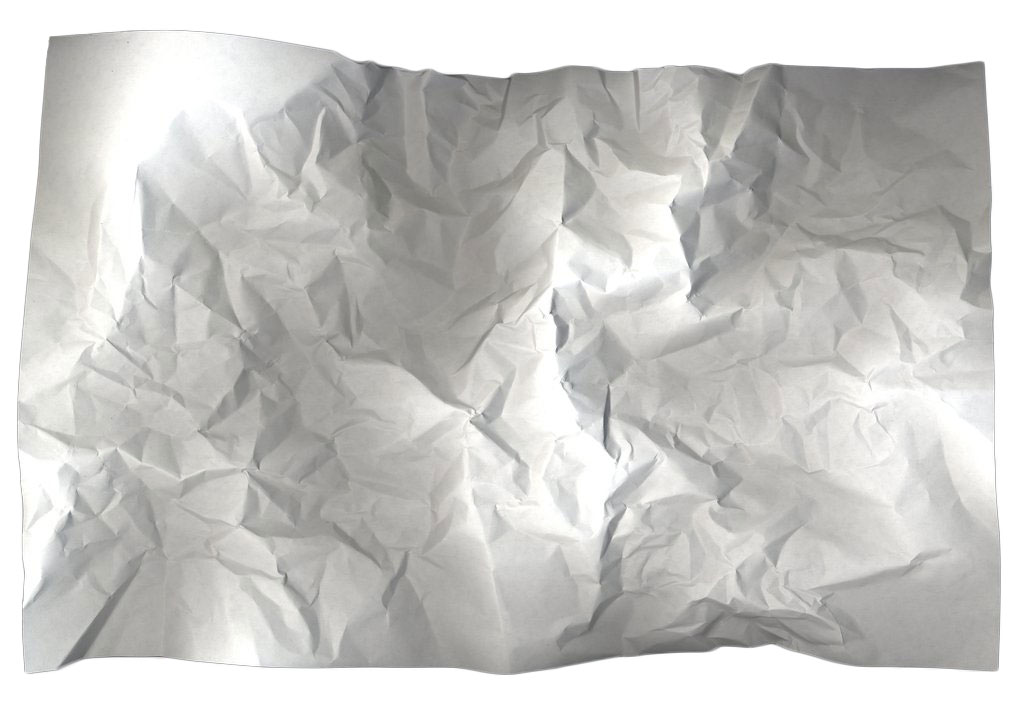
RETHINKING THE SHITTY FIRST DRAFT by George Dila I do not write shitty first drafts. In fact, that phrase, inspired by Ernest Hemingway, popularized by Anne Lamott, offends me slightly—both the idea of thinking of my own work this way, and also that word itself, shitty, to my ear an ugly and repellent adjective. What does the phrase mean, though? To quote the wonderful Miss Lamott, from her book-that-everyone-has-read, Bird by Bird, “The first draft ...
THAT DEXTEROUS MARGIN by Michael McFee
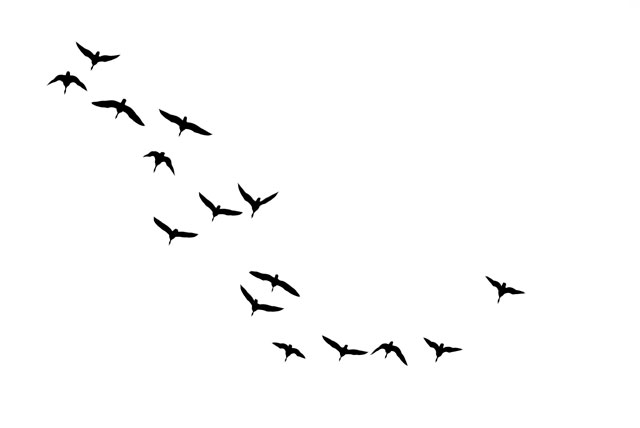
THAT DEXTEROUS MARGIN by Michael McFee 1. A poem is a visual as well as a verbal object. Its language is primary, obviously, the sounds the words make, and the effects those sounds have on the reader, phoneme by phoneme and as a whole aural object. But the shape the poem makes on the page is crucial as well. 2. I spent my first two years of college in design school at a technological research ...
THE ART OF DESPAIR by Allison Seay

The Art of Despair by Allison Seay I. Out of the Depths Perhaps it is a weakness to rely only on my own poetic experiences or sensibilities as a way to talk about craft or as a way to teach. In writing this, I thought of all kinds of things I could write about, things I have discovered about form and experiment and figuring out what it means to write from a Real Place. To ...
TO STAY OR TO GO INTO EXILE: Milosz and Szymborska by Niels Hav

TO STAY OR TO GO INTO EXILE: Milosz and Szymborska by Niels Hav translated by Heather Spears This year Patrick Modiano received the Nobel Prize for Literature and, as often before, it was a complete surprise when the secretary of the Swedish Academy opened the door and released the name to the press. Every year this event is a celebration, and the joyous news spreads round the world with the speed of light ...
IN A SPRAY OF SPARKS: Emotion, Sincerity, and the “Skittery Poem of Our Moment” by J.G. McClure

IN A SPRAY OF SPARKS: Emotion, Sincerity, and the “Skittery Poem of Our Moment” by J.G. McClure Pick up any fashionable poetry journal and you’re likely to see an example of what Tony Hoagland has called the “Skittery Poem of Our Moment.” Such a poem does not simply lack coherence; it actively resists it.... The characteristics are familiar: leaping from thought to thought, sharply-written-but-largely-nonsensical phrases, quirky humor, an assertive-yet-evasive voice, and so on. We move ...
SAY IT AGAIN, BUT BETTER: RESISTANCE AND REVISION by Devi S. Laskar

SAY IT AGAIN, BUT BETTER: Resistance and Revision by Devi S. Laskar Writers get writers’ block. Happens to everyone at one point or another. It happens to some writers every solstice, every month, every fortnight. I struggle every day. Thanks to a recommendation from an old friend, I’ve been reading Steven Pressfield’s really great book, The War of Art, which talks about resistance and how we as writers get sucked in to the war of ...
